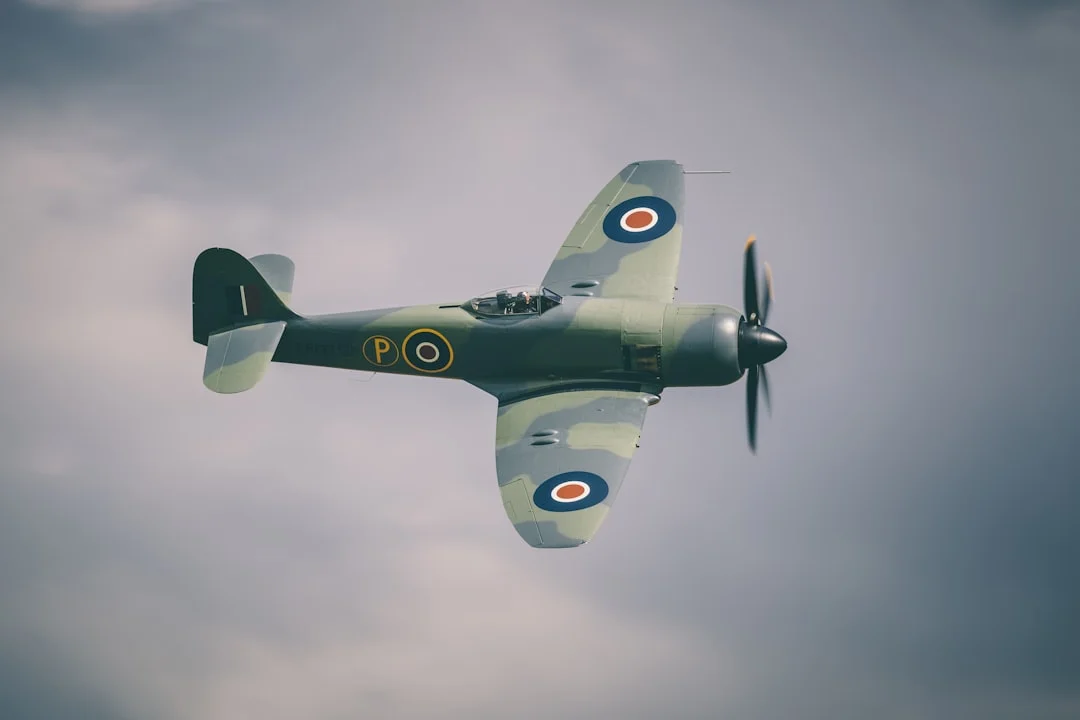The Programming And Indication Module (PIM) is an essential component of the Airbus A330 aircraft’s avionics system. It serves as a central hub for various programming and indication functions, providing critical information to the flight crew during the flight. PIM plays a crucial role in the aircraft’s overall operation and helps ensure safe and efficient flights.
As the name suggests, the Programming And Indication Module handles both programming and indication tasks on the Airbus A330. It is responsible for programming and configuring a wide range of avionics systems, including flight management computers, data communication systems, display units, and more. Additionally, it receives inputs from various aircraft sensors and transmits relevant information to flight deck displays for the crew’s reference.
Contents
The Functions of Programming And Indication Module (PIM)
The Programming And Indication Module performs several important functions on the Airbus A330. Let’s explore some of its key responsibilities:
1. Avionics System Configuration
The PIM enables the flight crew to configure and customize various avionics systems based on flight requirements. It allows them to set parameters, define operating modes, and select specific functions for different phases of flight. This flexibility helps optimize the performance of the aircraft’s avionics systems and enhances overall operational efficiency.
For example, during takeoff, the PIM can be programmed to display essential information such as engine parameters, aircraft speed, and altitude on specific flight deck displays. During cruise, the crew can configure the PIM to emphasize fuel efficiency and provide relevant fuel consumption data. By allowing such customization, the PIM ensures that the flight crew has access to the most relevant and critical information at any given time.
2. Data Communication
The Programming And Indication Module is responsible for managing data communication between different avionics systems on the Airbus A330. It acts as a bridge, facilitating the exchange of information between systems such as the flight management computers, display units, and aircraft sensors.
For instance, when the flight management computer calculates the optimum flight path, it sends the data to the PIM, which then distributes the information to the relevant display units for the crew’s reference. The PIM also receives inputs from sensors that monitor various aircraft parameters, such as airspeed, altitude, and engine performance. It processes these inputs and transmits the necessary information to the appropriate avionics systems for further analysis and display.
3. Fault Monitoring and Reporting
The Programming And Indication Module continuously monitors the status of various avionics systems and alerts the flight crew in the event of any faults or malfunctions. It plays a crucial role in ensuring the safe operation of the aircraft by providing real-time fault indications and warnings.
In case of an avionics system failure, the PIM generates fault codes and transmits them to the flight deck displays. These fault codes help the flight crew troubleshoot and identify the specific system experiencing issues. By promptly notifying the crew about faults, the PIM allows them to take appropriate actions and ensures that any potential safety risks are addressed in a timely manner.
Conclusion
The Programming And Indication Module (PIM) is a crucial component of the Airbus A330 aircraft’s avionics system. It serves as a programming and indication hub, enabling the flight crew to configure avionics systems, manage data communication, and monitor faults. The PIM enhances the aircraft’s operational efficiency and ensures the safety of the flight by providing critical information and alerts to the crew.
Understanding the role and functions of the Programming And Indication Module contributes to a deeper appreciation of the intricate avionics systems that make modern aircraft like the Airbus A330 reliable and efficient.




